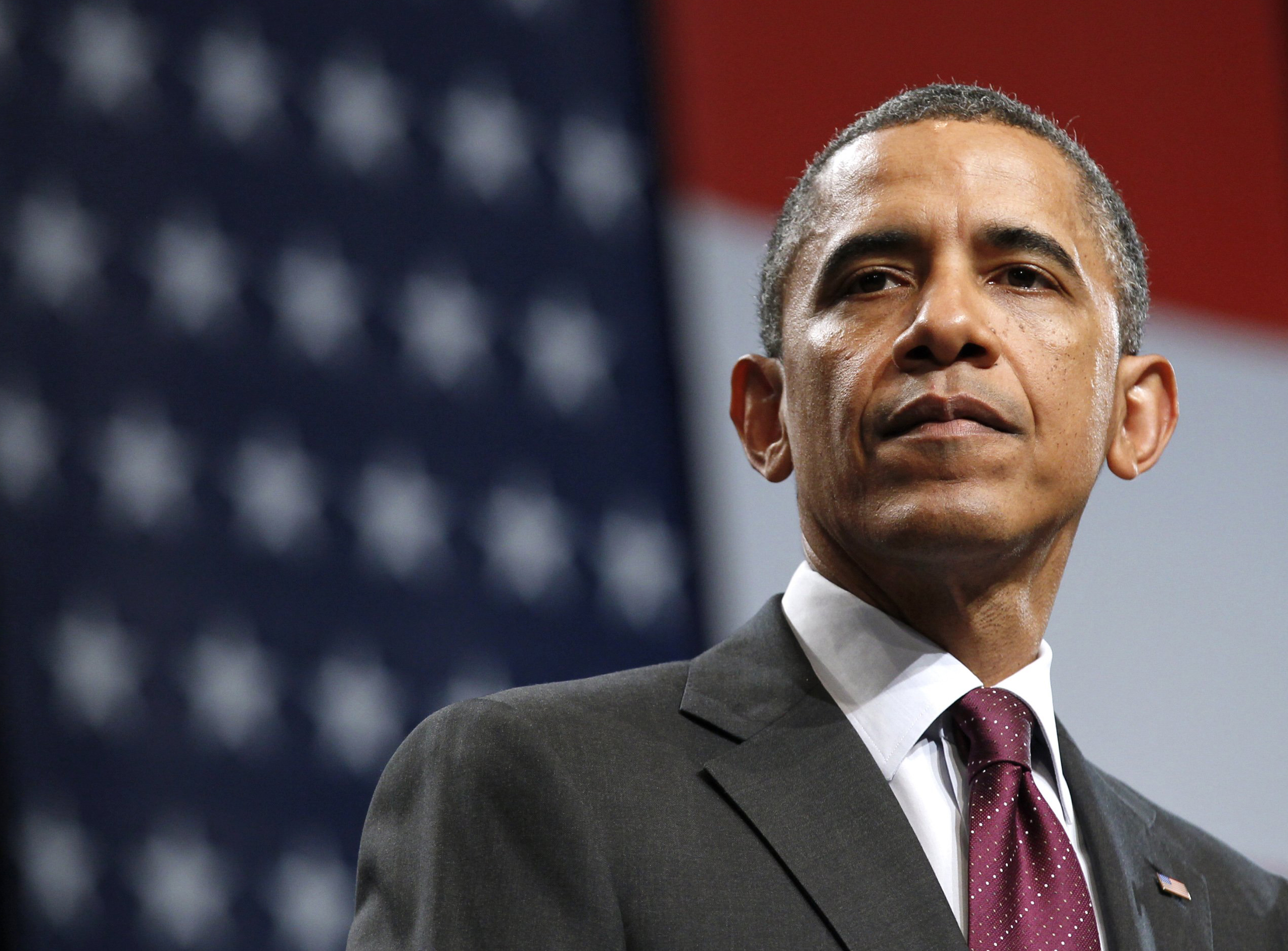LOC09:31
06:31 GMT
 US President Barack Obama
US President Barack Obama
WASHINGTON, Dec 3 (KUNA) -- The United States continues to lead the global response to the Ebola epidemic in West Africa, President Barack Obama said on Tuesday during an appearance at the National Institutes of Health (NIH), where the President discussed the latest research on potential Ebola vaccines.
U.S. officials are screening and monitoring arrivals from Ebola-affected countries; have equipped more hospitals with new protective gear and protocols; and conducted outreach and training of hundreds of thousands of health-care workers, Obama said.
A few months ago, only 13 U.S. states could test for Ebola; today 36 states can, he noted. Previously, there were only three facilities in the United States deemed capable of treating an Ebola patient, including NIH. "Today, we are announcing that we now have 35 Treatment Centers designated to care for a patient with Ebola," Obama said after touring the NIH facilities in Bethesda, Maryland.
Some 3,000 U.S. military service members and civilians are in West Africa manning an air bridge, moving in supplies and building treatment units, the President noted.
"The new Medical Unit we built in Liberia to treat health workers opened last month and has begun discharging patients Ebola-free," he said. "We have ramped up the capacity to train hundreds of new health workers per week. We have helped improve burial practices across Liberia."
As a consequence, infection rates have declined in Liberia, Obama said. In recent months the United States has helped rally the international community, he said. "We have mobilized more than 2 billion dollars in commitments to this fight because this has to truly be a global effort," he said.
"In West Africa, this remains the worst Ebola epidemic in history by a long shot," Obama said. "And although we have made some progress in Liberia, we have still got work to do. We are seeing that we still have a lot of work in Guinea, and it has actually been getting worse in Sierra Leone despite some good efforts from our British partners. And this can still spread to other countries, as we have seen in Mali."
"So we cannot let down our guard, even for a minute, and we cannot just fight this epidemic," he said. "We have to extinguish it."
NIH and its partners recently announced the first successful step -- completion of the Phase 1 clinical trials -- of a potential Ebola vaccine, the President noted.
Dr. Cliff Lane is working with Liberian officials to begin large-scale tests in that country, and other potential Ebola vaccines are in the works, Obama noted.
"I am calling on Congress to approve our emergency funding request to fight this disease before they leave for the holidays," Obama said, referring to members of the U.S. House and Senate.(end)
rm.tg